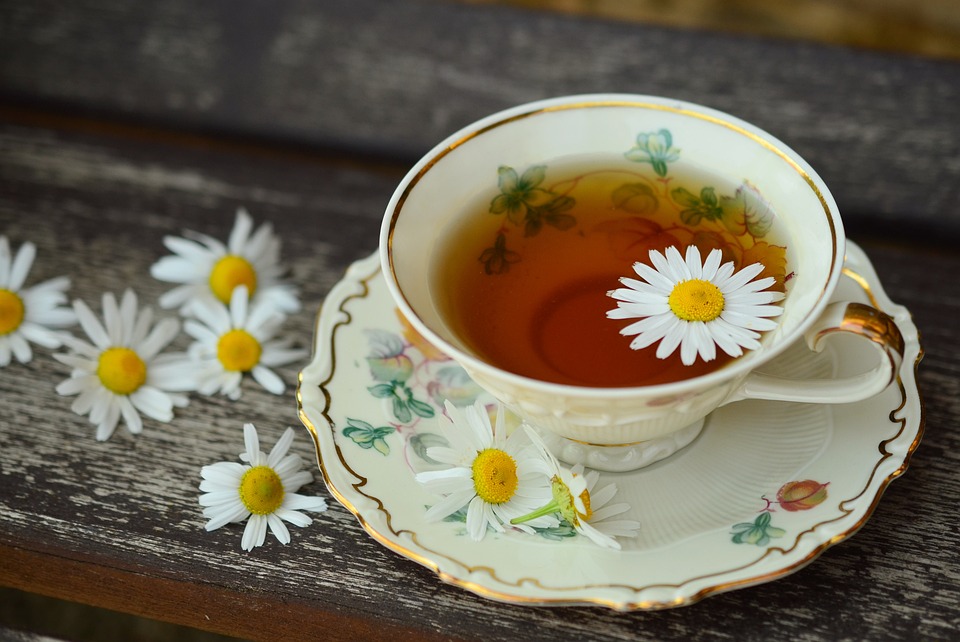Women’s wellness is an essential topic that focuses on the overall health and well-being of women. It encompasses various aspects, including physical, mental, and emotional well-being. As women experience unique biological changes throughout their lives, it is crucial to prioritize their specific needs and concerns. This comprehensive guide will explore various areas of women’s wellness, providing valuable information and tips to help women achieve a balanced and healthy lifestyle.
Physical Health
Maintaining good physical health is fundamental to women’s overall wellness. Regular exercise, a balanced diet, and proper sleep are key components of a healthy lifestyle. Regular exercise not only helps in weight management but also improves cardiovascular health, reduces the risk of chronic diseases, and boosts mental well-being. Scheduling annual check-ups with healthcare providers and undergoing preventive screenings are crucial for early detection and prevention of various health conditions such as breast cancer, cervical cancer, and osteoporosis.
Mental and Emotional Well-being
Women’s wellness isn’t just about physical health but also about mental and emotional well-being. Mental health encompasses emotional, psychological, and social well-being. It affects how we think, feel, and act, and it plays a significant role in handling stress, making choices, and forming relationships. To promote mental and emotional well-being, women should focus on self-care, manage stress effectively, seek support when needed, and engage in activities they enjoy. Mindfulness techniques, such as meditation and deep breathing exercises, can also contribute to mental and emotional balance.
Reproductive Health
Reproductive health is a crucial aspect of women’s wellness. Understanding one’s reproductive system, menstrual cycle, and contraception options is essential. Regular gynecological visits, including Pap smears and screenings for sexually transmitted infections, are vital for maintaining optimal reproductive health. Additionally, for women planning families, preconception care and prenatal healthcare are essential for a healthy pregnancy and childbirth experience.
Healthy Aging
As women age, their wellness needs evolve. It is essential to develop healthy habits and make lifestyle choices that support healthy aging. Nutrition, regular exercise, and regular screenings for age-related conditions such as breast cancer, heart disease, and osteoporosis are necessary. Maintaining social connections, engaging in mentally stimulating activities, and practicing stress management techniques can also contribute to healthy aging.
Work-Life Balance
Finding a balance between work and personal life is crucial for women’s wellness. Balancing the demands of career, family, relationships, and personal interests can be challenging. It is important for women to set boundaries, practice effective time management, delegate tasks when possible, and seek support from their loved ones or professional networks. Prioritizing self-care, scheduling breaks, and engaging in hobbies or activities that bring joy and relaxation can help promote a healthy work-life balance.
Conclusion
Women’s wellness is a comprehensive concept that addresses various aspects of women’s physical, mental, and emotional well-being. By prioritizing physical health, mental and emotional well-being, reproductive health, healthy aging, and achieving work-life balance, women can lead fulfilling and healthy lives. Proactive healthcare, regular exercise, a balanced diet, stress management, and self-care are key factors in maintaining optimal wellness. By educating themselves and seeking professional guidance when needed, women can take charge of their wellness journey and make choices that prioritize their health and happiness.

